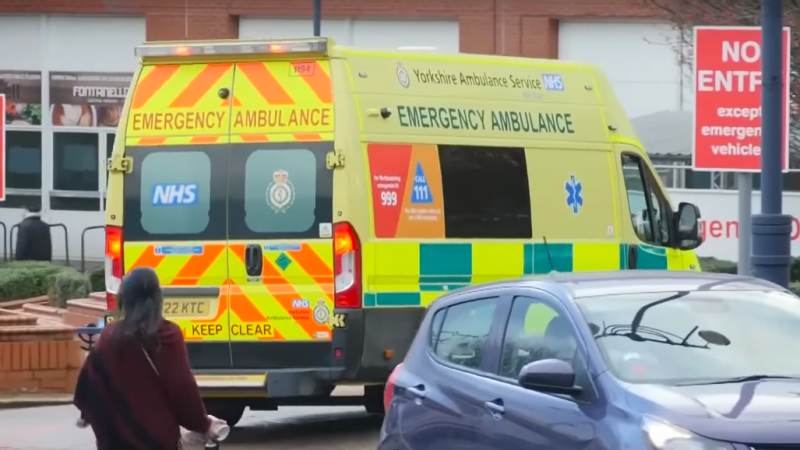Trusts are booking private emergency vehicles and crews up to a year in advance to be available to respond to emergency incidents

Over a million pounds a week is being spent by the NHS to hire private ambulances for 999 calls, Unison says.
North West Ambulance Service spent more than £15m between January and December 2022 on private emergency services, according to data obtained by the union.
South Central Ambulance Service spent £19m over the past financial year, North East Ambulance Service is paying just under £7m annually, and South East Coast around £6m a year.
East Midlands Ambulance Service predicts a £9.5m spend in the financial year between 2022 and 2023, and the latest figures from Yorkshire Ambulance Service show the trust paid out £4.5m between 2021 and 2022.
The figures are based on responses from two thirds of ambulance trusts in England that pay commercial companies to provide cover for critically ill patients.
More than a dozen private companies are being commissioned by ambulance trusts across England to fill widening gaps in services and to meet response times amid overwhelming demand, says Unison.
Trusts are booking private emergency vehicles and crews up to a year in advance to be available to respond to emergency incidents such as road traffic accidents and stroke patients.
However, Unison says spending tens of millions on private 999 cover is a short-term fix, not a long-term solution to the crisis in ambulance services.
The union says that millions of pounds of public money are going into the pockets of private firms rather than being invested in more highly trained ambulance staff and better ambulances.
Unison says that in some cases, privately employed crews are being paid to stay with patients in hospital corridors until a bed can be found.
Responding to the figures, Unison head of health Sara Gorton said: “This spend on private 999 services shows a lack of long-term planning and is a shocking waste of money. It’s nothing more than a sticking-plaster solution.
“Ambulance services are in a desperate state because the government has failed to invest long term.
“Patients are waiting ages for help to arrive or worse still dying before crews can reach them. Others are stuck in emergency vehicles outside hospitals for hours and hours on end waiting for a bed.
“This is a crisis of the government’s own making that can only be resolved with a long-term plan. Ministers must step up and come up with proper funding to tackle increasing demand and pay staff properly.”
Basit Mahmood is editor of Left Foot Forward
Left Foot Forward doesn't have the backing of big business or billionaires. We rely on the kind and generous support of ordinary people like you.
You can support hard-hitting journalism that holds the right to account, provides a forum for debate among progressives, and covers the stories the rest of the media ignore. Donate today.



